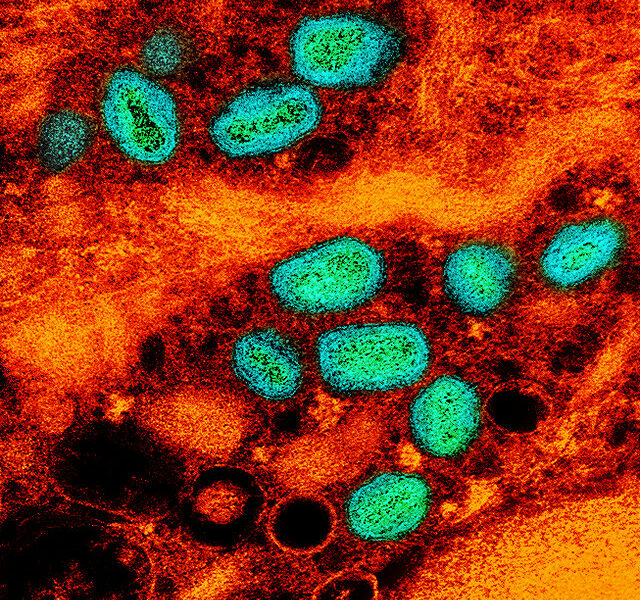Update Aug 28 2012: Last night, the San Francisco Chronicle reported a second death due to Hantavirus. To date, there are three confirmed cases, one suspected case and two deaths. All of the cases stayed at the Curry Village Campground.
The California Department of Health recently announced that two state residents were likely infected with hantavirus while vacationing at Curry Village Campground in Yosemite National Park. One patient died after developing Hantavirus Pulmonary Syndrome (HPS). The second patient was also infected, but is receiving treatment and is expected to recover.
Officials at Yosemite have found deer mice feces in the campsite that tested positive for the rare virus. Hantavirus is shed in the urine, feces and saliva of rodents. Humans usually become infected by breathing in air contaminated by the virus. While rare, humans can also be infected through rodent bites, or possibly through contacting or ingesting contaminated products. Rodents that typically transmit the virus in the United States are deer mice, cotton rats, rice rats and white-footed mice. Hantavirus is not transmissible from person to person.
Since the infections, employees have been working to clean cabins and facilities in the camp, as well as educate visitors about the risks. Additionally, they have increased surveillance of the rodent population and hantavirus levels. The park campsite is still considered safe for visitors.
Hantavirus is rare; only 602 cases of HPS have been reported in the Unites States between its discovery in 1993 and July 3 2012 (this case count does not include these two most recent cases). Outside of the United States, smaller clusters and individual cases have been reported in Argentina, Bolivia, Brazil, Canada, Chile, Colombia, Panama, Paraguay and Uruguay. Though the disease is rare, it kills 38 percent of people infected.
Early symptoms of HPS include fever, fatigue and aches, followed by shortness of breath as the patient’s lungs fill with fluid. While there is no specific treatment or cure, patients who receive medical attention earlier in their illness have increased chances of survival.
CDC experts advise reducing contact with rodents as the best prevention method against hantavirus and the thirty-four other diseases carried by rodents. Individuals can seal holes in their homes and garages, clean up food, and use traps to control rodent populations. In the event of rodent infestation, droppings should be cleaned according to CDC recommendations.

